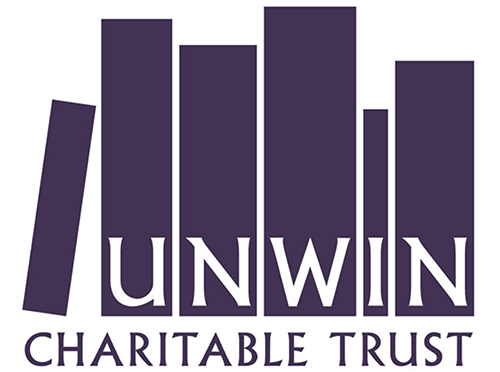An Editor's Guide to Editing Fiction
You may be at the stage of having edited short passages at work, for publicity or marketing purposes. Or you may want to try your hand at editing longer pieces of writing, to help further your career. Or perhaps you just fancy earning some extra income by editing scripts, freelance at home, and want to take the first step towards that goal.
This module will show you what’s different about editing fiction, and give you the chance to try your hand at it, to help decide whether fiction editing is the right path for you.
Course content
- What's different about editing fiction
- Categories of fiction
- Different stages of editing
- Using timelines and other plot grids
- Recording relationships and characterisation
- Marking up dialogue
- Using a style sheet
- Framing author queries
e-learning modules are optimised for desktop and laptop devices and not tablets and smartphones.
Learning outcomes
At the end of this module you will:
Have a clear understanding of how to approach issues such as
- copy-editing dialogue
- checking continuity of plot
- creating and using a family (or other relationship) tree
- framing author queries
How does the course work?
An Editor's Guide to Editing Fiction has eight units. Across the units there are eight exercises and model answers.

This e-learning module was developed with the support of the Unwin Charitable Trust.
Special offer
Buy the full set of e-learning modules for only £120 (usually £199). Click here for more details.
Invoice request form
If you are from an organisation and need to request an invoice to pay on someone else’s behalf, please complete this form
Five to seven hours with eight months access to the module.
PTC e-learning modules are concentrated, online courses that focus on specialist topics relevant to publishing working life. They are designed to build on a foundation of existing skills and experience.
 Gale Winskill started her career in Hong Kong in 1993, where she worked for Macmillan and a local publishing house, writing and editing English as a Second Language (ESL) textbooks. After a two-year stint as a dive master in Egypt and Thailand, she returned to the UK and worked for Floris Books for 10 years, editing non-fiction and children’s fiction, before going freelance in 2008.
Gale Winskill started her career in Hong Kong in 1993, where she worked for Macmillan and a local publishing house, writing and editing English as a Second Language (ESL) textbooks. After a two-year stint as a dive master in Egypt and Thailand, she returned to the UK and worked for Floris Books for 10 years, editing non-fiction and children’s fiction, before going freelance in 2008. Caroline Knight began her career in publishing at Penguin Books in 1989, when she joined Editorial 2, the department dedicated to copy-editing. She has been a PTC tutor since 1996 and a freelancer since 2010.
Caroline Knight began her career in publishing at Penguin Books in 1989, when she joined Editorial 2, the department dedicated to copy-editing. She has been a PTC tutor since 1996 and a freelancer since 2010.